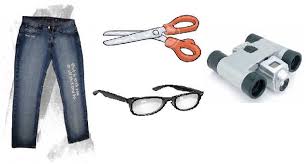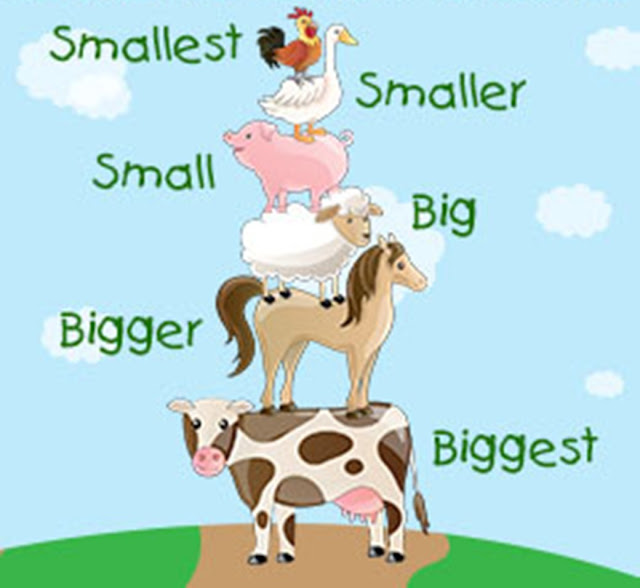*There are more than expression to make suggestions:
1-How/What about +v+ing?
EX:How about playing football?
EX:What about going for a walk?
2-Why don't we/you +inf.(For specific suggestion)
EX:Why don't you buy that book?
-We may use "why not' for general suggestion:
EX:Why not spend your holiday in Paris?
3-Let's.
EX:Let's have a snack.
-We use let's not for negative suggestion:
EX:Let's not talk about this.
4-You/we could:
EX:You could sleep early.
5-couldn't or can't you/we+inf.they are strong.
EX:Couldn't you sleep early?
EX:Can't you sleep early?
6-Shall we+inf?
EX:Shall we visit the pyramids tomorrow?
7-I suggest+v+ing.
EX:I suggest playing chess.
*Replies to suggestions:
1-That's a good idea.
2-Graet idea
3-Why not.
4-I am not very keen on that.
5-I don't think so.
6-I don't feel like it.
-





















